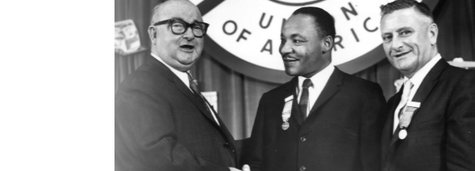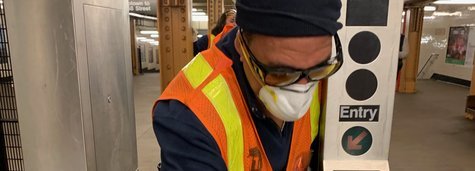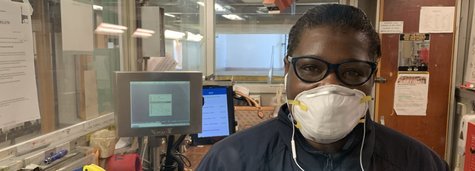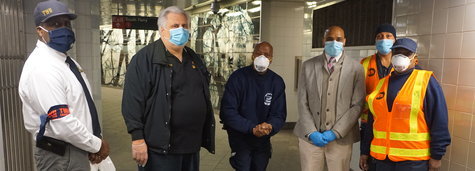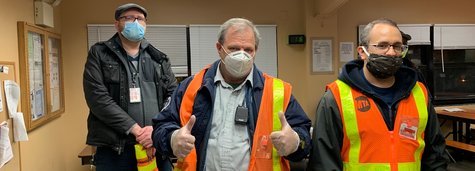What Is Lobbying?
For many members, lobbying conjures up images of smoke-filled rooms, special interest, and back room deals. But lobbying plays an important role in our democracy. Simply put, lobbying is any communication by a constituent or group (union) with an elected official or his/her legislative staff. It is one way that elected officials learn about issues and understand the real-life impact of policies under consideration and their effect on union members.
Union lobbyists
Union lobbyists, such as you, who have a real and vested interest in pending legislation, make a special impact on legislators who are willing to listen and learn. Remember - you are the expert on issues that affect you and TWU Local 100 members.
Lobbying attaches real people to policies. Rhetoric and bias are more difficult to maintain in the face of real union members telling their stories.
General Tips
- Know your agenda and stick to it.
- Elected officials may try to shift the conversation to a more comfortable topic. Keep returning to your central message and purpose.
- Tell the truth; if you don't know an answer, say so; don't inflate your political clout or threaten not to vote for the member.
- Acknowledge the possible political risks; help the official develop bridge-building messages that can speak to the majority of constituents.
- If you hit a brick wall during the visit, accept it. After the meeting, try to figure out why the meeting didn’t go as well as you wanted it to.
Know your audience - pay attention the legislators' voting records on our issues to determine whether you are meeting with an ally, a potential supporter, or a frequent opponent. Meetings with these different types of legislators entail different requests. Use the following ideas to set the tone.
Allies:
- Thank them for their support of TWU Local 100.
- Emphasize the importance of their continued leadership and commitment to TWU Local 100.
- Ask how you can help support their work and initiatives.
Potential Supporters:
- Personalize issues regarding the legislation you came to discuss.
- Engage in a discussion of the elected official's concerns, general thinking on our issues.
- Talk about TWU Local 100 activities; invite him/her to a meeting of your section or division.
- Ask them to keep an open door for future discussions with TWU Local 100.
- Request that they speak out for working family and union issues.
Opponents:
- Personalize the issues – how the legislation will make your life safer and healthier - give examples.
- Provide accurate information about TWU Local 100 members and their working conditions.
- Encourage him/her to learn more about TWU Local 100 and offer yourself as a resource.

